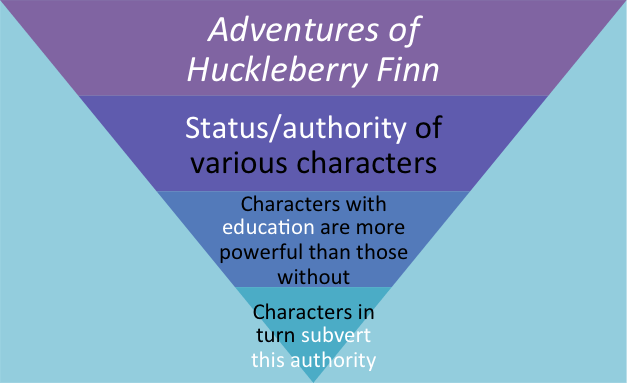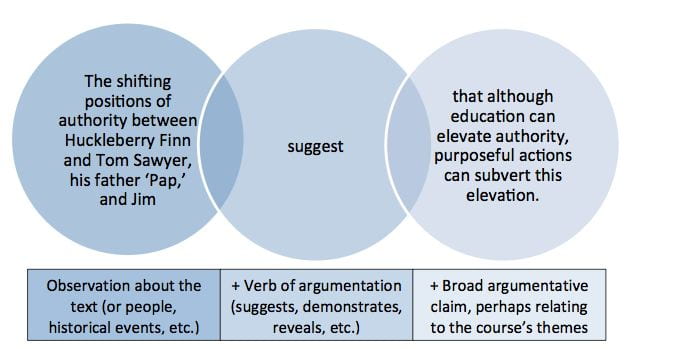So your professor asks you to turn in a paper in a week or two, and doesn’t give you any guidelines. The “prompt” might look something like “Turn in a 5-7 page paper on Tuesday the 12th” or perhaps “Write a paper about The Merchant of Venice.” Neither is too helpful—the first offers no ideas for paper topics, and you could spend a career studying The Merchant of Venice.
Writing without a prompt can be frustrating, since you need to do more legwork yourself and choose the ideas your paper will explore. However, writing without a prompt can also be fun—it gives you a chance to exercise your creativity and to write about something that interests you. Whether you have no prompt at all or just a minimal suggestion of a topic, this post will help you get started writing your paper.
All of the below material applies to non-research-based analytical papers, and much of it also will be useful if you are beginning a research paper. In addition, a section on research papers at the end of the post describes some of the differences for approaching those assignments.
NOTE: Whenever I use the word “text” in this post, I don’t mean simply a work of literature. A text can be anything you examine in a paper or essay–a novel, poem, painting, photograph, scholarly article, essay, web site, blog post, artifact, engineering design, computer program, person, historical event…you get the idea!


